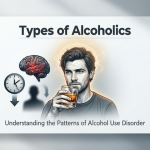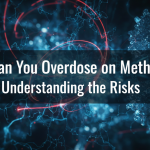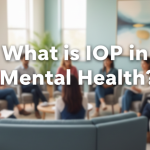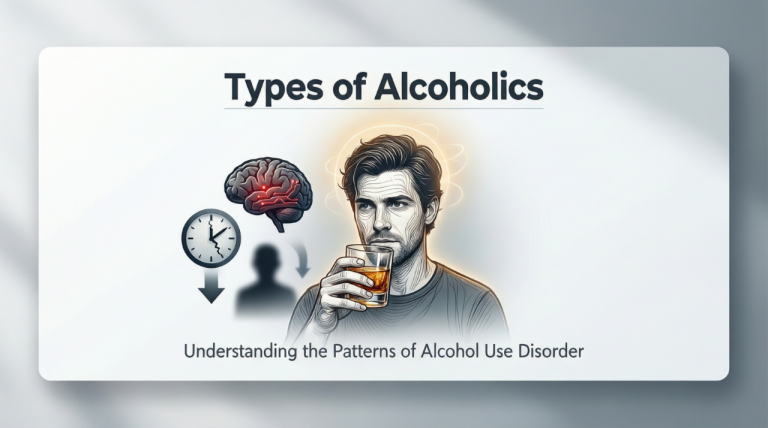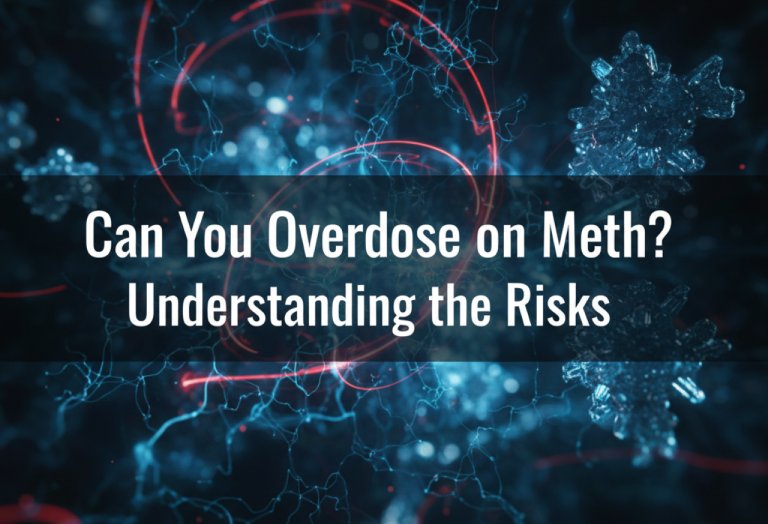One of the most prevalent symptoms of schizophrenia is paranoia, which affects the majority of individuals suffering from this disorder. Paranoia can be fleeting or an ongoing issue. It is important to recognize that feeling anxious does not indicate that you are crazy. It is a reasonable response to what may be seen as a terrible reality. Finding a good schizophrenia treatment program will help you learn how to deal with attacks of madness and achieve greater peace.
Schizophrenia can be a frustrating diagnosis, but with the right treatment, you can still live a productive life. Orlando Treatment Solutions offers a complete schizophrenia treatment program to help control your symptoms and cause less disruption to your everyday life.
Contact us at (321) 415-3213 to find out more about how we treat schizophrenia at our facility.
Recognizing the symptoms of paranoia can help someone get help or understand if you are experiencing it yourself. However, it is important to remember that I am not a medical professional and cannot diagnose any mental health conditions. If you are concerned about yourself or someone you know, it is always best to seek professional help from a qualified therapist or psychiatrist.
Signs of Paranoia
Here are some common symptoms of paranoia:

Excessive suspicion and distrust: This can manifest in some ways, such as believing that others are talking about you behind your back, plotting against you, or trying to harm you.
Hypervigilance and constant scanning: People suffering from paranoia are constantly alert and scan their environment for potential threats.
Difficulties trusting others: Individuals suffering from paranoia may have difficulty forming and maintaining close relationships due to difficulty trusting others.
Intense and irrational fear: While fear is a natural human emotion, in paranoia, it becomes exaggerated and disconnected from reality.
Misinterpretation and distorted thinking: People with paranoia often misinterpret neutral or even positive interactions as negative or threatening.
Difficulty accepting criticism: People suffering from paranoia are often overly sensitive to criticism and may view it as an attack on their character or confirmation of their doubts.
Reluctance to share information: Due to fear of others using their information against them, people with paranoia may be secretive and reluctant to share personal details or thoughts.
Social isolation: A combination of distrust, fear, and difficulty in relationships can lead to social isolation and withdrawal from activities and loved ones.
What are Paranoia Attacks?
People suffering from schizophrenia are prone to episodes of paranoia. These also include periods during which you feel you are in danger, even if this is not the case. During anxious episodes, you can:
- Think that people around you are trying to hurt you.
- Question the motivations of others.
- Experience extreme sensations of worry or anxiety.
- Because you don’t trust others you become secretive.
- Be extremely sensitive to perceived slights, no matter how minor.
Paranoia attacks can be difficult to control, no matter how hard someone tries to tell you that your worries are unfounded, your brain won’t see it that way. Paranoia attacks may require some people to be hospitalized, especially if they are severe and put them at risk of harming themselves or others.
How to Deal with Paranoia Attacks
Although paranoia attacks are a typical sign of schizophrenia, they can be frightening for some people.
Here are some helpful tips for dealing with paranoid attacks:
Take expert help
Working with schizophrenia-specific medical providers may be beneficial. You may have to try several different medications or treatments before you find one that works well for you. It’s okay if this process takes some time, but if you notice any adverse effects or your symptoms worsen, inform your doctor immediately.
Practice proper self-care
You may not be able to avoid attacks of madness, but you can help yourself feel calm when they occur. Meditation, yoga, and breathing exercises are all examples of relaxing activities that can be used for self-care.
Keep a journal
You may try to suppress paranoid sensations, but sometimes they can become more persistent. Instead, write your thoughts in a diary. Releasing your thoughts instead of bottling them up may provide some relief. You can also monitor your nutrition, exercise, and other activities to determine if any patterns emerge that predict manic attacks. This helps you make changes to your lifestyle to reduce the frequency of these attacks.
Take help from your loved ones
Family and friends can be excellent sources of support. They can help you get the treatment you need and avoid situations that may cause paranoia. However, you must be open and honest with them about your situation. You may want to hide your symptoms from the people you care about, but it’s important to tell them when you notice anxiety coming on so they can provide their support.
Benefits of Paranoia Treatment
Some potential benefits of getting treatment for paranoia are:

- Improve mental and emotional health.
- Reducing anxiety and stress: Paranoia often promotes anxiety and stress, making daily life difficult.
- Increased self-esteem: Paranoia can destroy self-esteem due to distorted perceptions of others’ intentions. Treatments can help develop a more realistic self-image and rebuild self-confidence.
- Decreased fear and isolation: Paranoia can lead to a state of constant fear and distrust, causing individuals to become isolated from loved ones and social activities. Treatment can equip individuals with coping mechanisms to manage these emotions and promote healthy relationships.
In addition to the previous techniques for dealing with paranoia, it is strongly suggested that you adopt good life practices. A healthy diet, regular exercise, restful sleep, and adequate relaxation can help you feel calmer and more balanced overall.
Get Help for Schizophrenia at Orlando Treatment Solutions
Once you recognize the warning signs, understanding how to deal with manic episodes will help you move past them. Orlando Treatment Solutions’ schizophrenia therapy can help you identify your triggers, discover the early signs of a manic episode, and create a treatment plan to manage your symptoms.. Contact us now at (321) 415-3213 to schedule an intake evaluation for our comprehensive schizophrenia treatment program.







